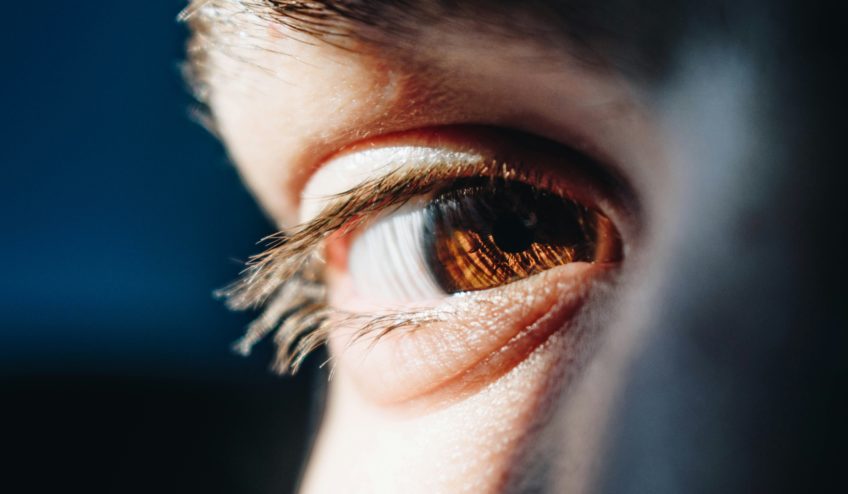I’m sitting in my local barbers, making small talk as my hair gets the chop. My barber is from Uzbekistan. He tells me he moved to the US five years ago and cuts hair six days a week. I’ve never met anyone from Uzbekistan before, but such is the experience of living in a place like New York City where you feel like all the nations of the world are around you. We’re talking about our kids. He’s quietly spoken, and I strain my ears to hear him. He tells me his kids are older now and becoming teenagers. Suddenly, he pauses from his cutting, scissors in hand and says, “Y’know, it’s true about your kids getting older… you really do blink, and you miss it.” Now, I’ve heard the ‘blink and you miss it’ phrase before but for some reason it sobers me today. How much of our lives are we frantically blinking, allowing our minds to drag us back into regrets about the past, or skipping ahead to the worries of tomorrow?
‘Time and again, we miss out on the great treasures in our lives because we are so restless. In our minds we are always elsewhere. We are seldom in the place we stand and in the time that is now.’
John O’Donohue said that. He was a man of many crafts – poet, scholar, native Gaeilgeoir and for a season, a priest, serving remote parishes in the west of Ireland. I discovered his work this past year and his writing has been a solace for me, particularly living amidst New York’s hustle and hurried culture. He writes, ‘complacency, habit and blindness often prevent you from feeling your life. So much depends on the frame of vision – the window through which you look.’
And when I look at my own life, my work, my priorities and how I view time, what kind of window do I look out from? In other words, does my frame of vision focus primarily of grabbing or giving? Dissatisfaction or gratitude? My own needs or the needs of others? My perception of things is such a powerful force in shaping my life. I recognise that how I choose to look at things can shape so much of my thinking, feelings and experience. How many thousands of times have I worried about something in the moment, for it to be nowhere near as challenging or as difficult as I first thought!
The power of our personal perception has shed new light on a scripture that I have often read but rarely understood:
“The eye is the lamp of the body. So, if your eye is healthy, your whole body will be full of light; but if your eye is unhealthy, your whole body will be full of darkness. If then the light in you is darkness, how great is the darkness” (Matthew 6:22+23).
There’s surely a world of meaning in a scripture like this but what resonates deeply with me is Jesus’ emphasis here on the condition of one’s perspective, and its effect on everything else. When I read about the unhealthy eye and a body full of darkness, I think about all the striking evidence emerging about emotional stresses being inseparable from the physical state of our bodies, literally emotions taking shape in say, the crampy stomach or the tight chest. When I read about the healthy eye flooding the body with light, it reminds me to take a breath, to challenge my assumptions and habitual ways of looking at things, and perhaps even reimagine a new perspective.
Ultimately it comes down to attention for me. There are so many things demanding and debilitating my attention daily. The challenge is actively choosing where to sharpen my focus. As O’Donohue writes, ‘You may wish to change your life, you may be in therapy or religion, but your new vision remains merely talk until it enters the practice of your day.’
I choose to participate in a faith that is all about practice rather than perfection. A faith that holds a view of the world that is about the restoration of all things. To what degree do I attend to this vision of life and allow it to fill my whole body with light? There is no doubt that the reality of this world is filled with sorrow and violence, but a Christian window frame also audaciously demands attending to the world with a vision of hope and beauty and goodness. This is a challenge for me, even on my best days. But as the poet Mary Oliver wrote, ‘Attention is the beginning of devotion.’
Theme photo by Bacila Vlad on Unsplash

